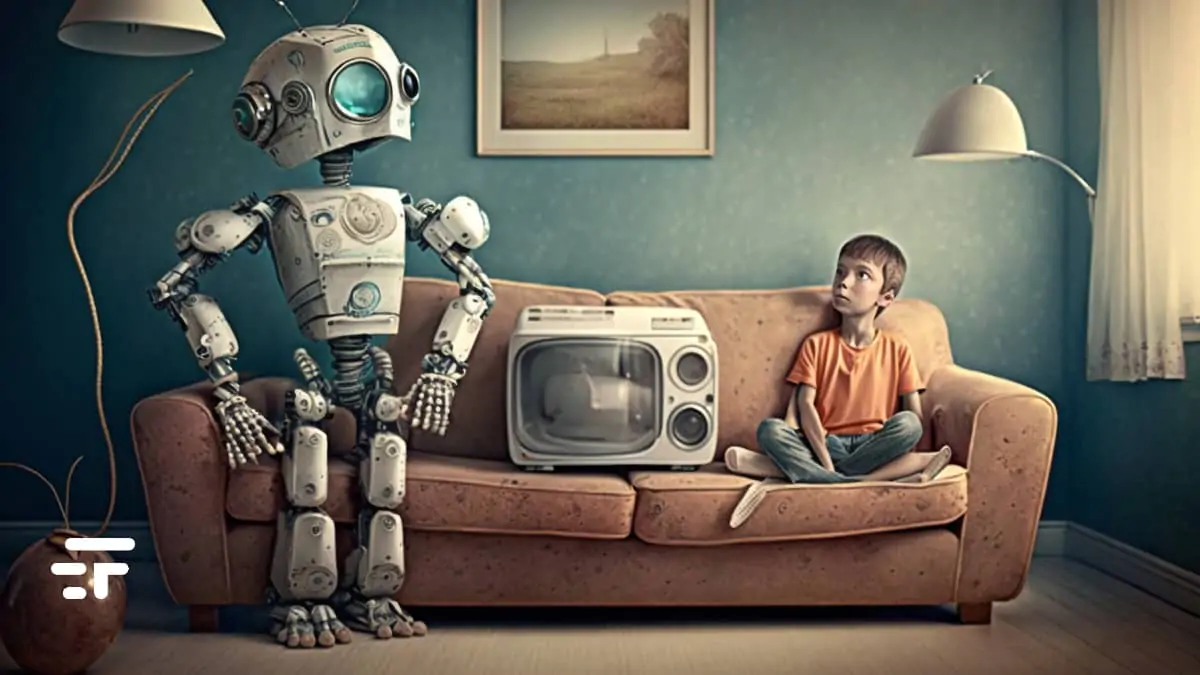Everyone fears that artificial intelligence and automation will take jobs away from everyone (there are risks to face, but also opportunities). However, no one had considered the impact on the work we do at home. According to an estimate published in PLOS ONE, I link it to you here, 39% of the time spent on unpaid housework could be automated within the next decade.
It is clear to everyone what this means, even clearer if you consider the household work included in the estimate: among others, cooking, cleaning and taking care of children or the elderly. This is the first study in the world to examine automation in relation to household chores.

How much do we slave at home?
Let's start with an assumption: the time spent at home to take care of chores or study (unpaid work, for estimating) can change from country to country due to cultural issues. For example, in the UK people spend around 43% of their time on unpaid housework, equally split (50% and 50%) between men and women. In Japan, however, the percentage is only 18%. The authors of the study turned to 65 artificial intelligence experts (29 in the UK and 36 in Japan) to then calculate an average.
So what will be the household tasks that will be automated within the next 10 years? The expense first. According to experts' estimates, it turned out to be the most automatable activity (59%), while the least automatable, and I add fortunately, seems to be physical childcare (21%). Interestingly, UK-based experts believe more than the Japanese that automation can replace domestic labour. As if to say "I already do a few, at least let me do them in person".

Automation of housework: at a glance
This study's sample obviously does not represent the entire industry, but the authors believe that examining experts' backgrounds can provide a more contextualized understanding of their predictions. And it is an excellent example of how important it will be in future research to be able to respect cultural and gender diversity within estimates.
Remaining on the topic of the study, it is interesting to note that the fact that automation will tend to occupy part of the time in our place, at work and at home. And the fundamental question that will guide this century arises even more: what will man do? (Utopia: he will have more time to cultivate his interests than him. Dystopia: he will be used as cannon fodder in wars. I hope in the first, I fear the second, I trust at least in something in between).


